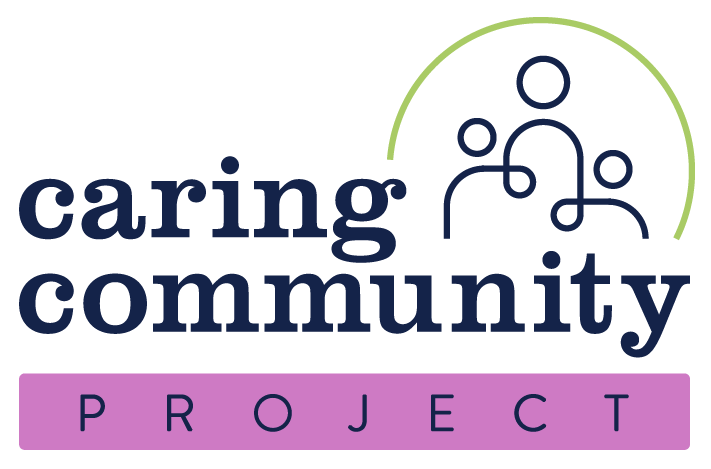Overview
In the Listening Deeply strategy, students will learn and practice three deep listening skills: body language, focus, and empathy. In a series of lessons with different conversation starters, they will practice being active, authentic listeners with a partner– listening to make the speaker feel heard without reciprocating in the conversation. Speakers will also get more comfortable sharing about themselves and expressing feelings. Through the listening exercises, students will learn and come to value showing engagement when someone is speaking, understand people’s thoughts and feelings, and make others feel heard.
Recommended time
15 minutes per lesson (use the pacing suggestions or timestamps to adjust, depending on time available)
Five lessons total, one lesson per week
Materials and advance prep
Student journal
Sticky notes or index cards (optional)
A timer or clock (Lessons 2-5)
Read through all five lessons and try to set a timeline. Lessons may require minor preparation in order to implement with fidelity and ease.
Objectives
To help listeners develop key listening skills and skills related to expressing empathy
To help speakers open up, share about themselves, and feel more understood
To build classroom community and peer connection
Why this matters
There are many approaches to active listening, and this lesson centers around these primary skills: engaged body language, focus, and expressing empathy. The more students practice active listening without being in a two-way conversation, the more they’ll come to value showing interest when someone is speaking, trying to understand their thoughts and feelings, and making
them feel heard. The personal nature of the listening prompts also sets the stage for student sharing, which can build trust and connection in the classroom.
Other considerations
Encourage students to more actively and respectfully respond to each other by modeling positive responses, setting clear expectations, and providing sufficient scaffolding. Reaffirm class norms, or if you haven’t yet set class norms, see Appendix 1 for ideas on how to do so.
Extending this strategy
Once a week, or at various points throughout class discussions, you can highlight the third aspect of active listening – expressing empathy – and make a habit of asking students to paraphrase or repeat what a fellow classmate said, as well as to validate their feelings (if applicable).
Play one or more of the following Making Caring Common games: Echoing a Friend, Spotlight, Listening Deeply Game, or All My Friends and Neighbors. The games are a great way to transition in or out of a strategy lesson, or you could play the games during other days in order to maintain or boost the positive interactions in your class.
Content developed by Making Caring Common, a project of the Harvard Graduate School of Education.
